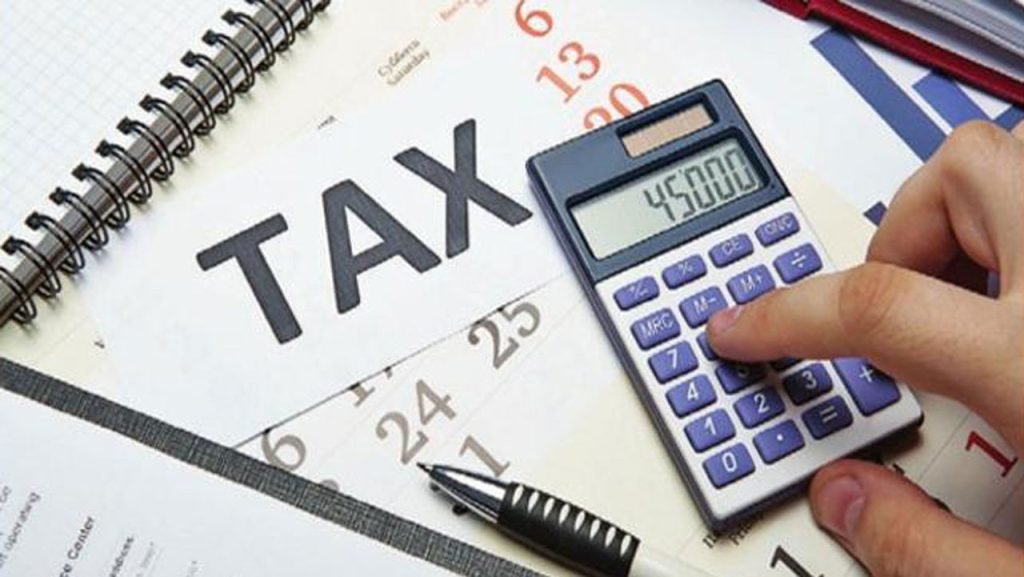
By David Aknimola
The Federal Government’s proposed Income Tax (Amendment) Bill 2025 has sparked widespread public debate, as new details reveal how much tax Nigerian workers may soon pay from their monthly earnings if the bill becomes law.
According to the draft legislation currently before the National Assembly, the government plans to revise personal income tax bands and expand the tax base to increase revenue amid declining oil income and rising fiscal pressures. The move is part of broader reforms under the Medium-Term Expenditure Framework (MTEF) 2025–2027, aimed at improving Nigeria’s tax-to-GDP ratio from about 10 per cent to 18 per cent by 2027.
Under the proposed rates, workers earning below ₦100,000 monthly will continue to enjoy tax exemptions, while those earning between ₦100,000 and ₦250,000 will be taxed at 7 per cent. The rate rises progressively to 15 per cent for monthly incomes between ₦250,000 and ₦500,000, and 20 per cent for salaries between ₦500,000 and ₦1 million. High-income earners making over ₦1 million monthly could face a new top marginal tax rate of 25 per cent.
If passed, this will mark the first major personal income tax adjustment in over a decade. Currently, most workers pay between 7 and 24 per cent, depending on income level, but the new structure aims to widen coverage and reduce tax evasion.
A senior official at the Federal Inland Revenue Service (FIRS), who spoke under anonymity because he was not authorised to comment, said the review was necessary to “create a fairer and more progressive system where high earners contribute more to national development.”
However, labour unions and civil society groups are warning that the timing may worsen the economic burden on workers already struggling with inflation and rising living costs.
“The average Nigerian worker is already overstretched by transport costs, electricity tariffs, and food inflation. Increasing income tax at this point is insensitive,” said Comrade Tommy Etim, Deputy President of the Nigeria Labour Congress (NLC). “Before talking about higher taxes, government should first fix public services and reduce wasteful spending.”
Analysts believe the government faces a delicate balancing act between boosting revenue and sustaining consumer spending. “The fiscal space is tight, but aggressive taxation during weak economic growth could backfire,” said Dr. Opeyemi Ajayi, an economist at the University of Lagos. “The key is to improve tax administration efficiency, not just rates.”
The proposed bill also seeks to simplify tax filing processes through digital platforms, integrate informal sector workers into the tax net, and strengthen penalties for defaulting employers who fail to remit Pay-As-You-Earn (PAYE) deductions.
If approved by the National Assembly, the new income tax regime could take effect from January 2026, reshaping how Nigerian workers contribute to government revenue — and how much of their take-home pay they can keep.






